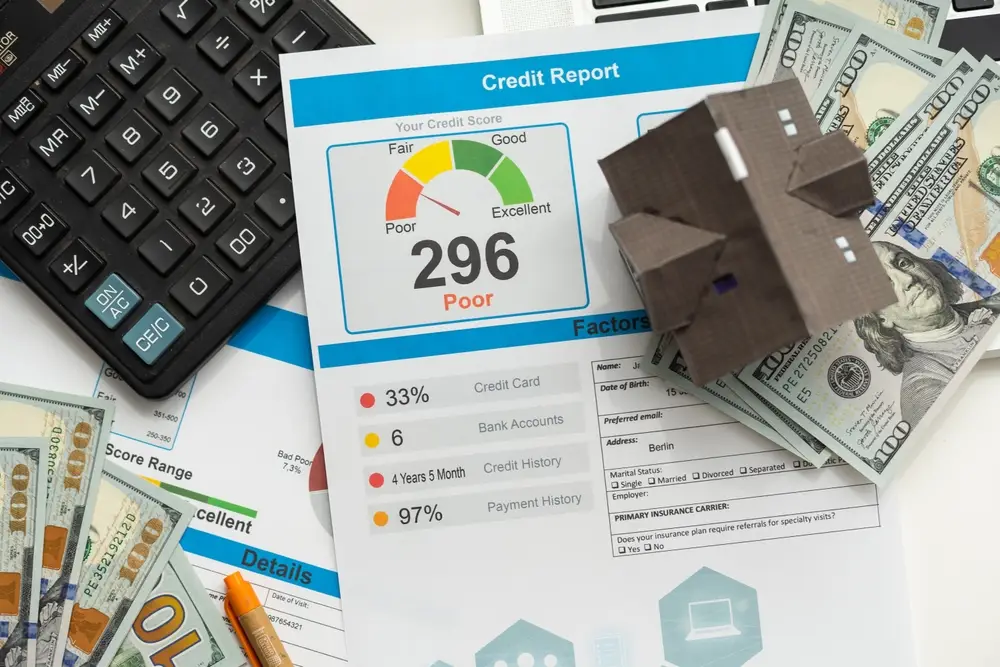As reports of credit fraud and data misuse continue to appear across the U.S., more consumers are thinking of pursuing legal action through an identity theft credit report lawsuit. These cases often target major credit bureaus and lenders accused of failing to correct fraudulent or inaccurate information that tends to damage consumer credit.
Recent federal actions and investigations reveal a growing effort to hold reporting agencies accountable under the Fair Credit Reporting Act (FCRA).
Identity Theft and Credit Damage: A Widespread Consumer Crisis
Identity theft is one of the most common crimes in the U.S., often leaving victims with years of financial and reputational harm. Fraudsters routinely use stolen personal information to open accounts or apply for loans. When these fraudulent accounts go unpaid, the delinquencies are often reported to major credit bureaus like Experian, Equifax, and TransUnion, potentially resulting in severe credit score damage for the victims.
For many, the situation worsens when credit reporting agencies fail to correct errors even after being notified. This failure can constitute a direct violation of the FCRA, leading to an identity theft credit report lawsuit or an inaccurate credit report class action. Victims often face denied credit, higher interest rates, or lost job opportunities—consequences that can persist for years.
The FCRA and Consumer Protections
The FCRA is the federal law that generally governs how credit information is collected, shared, and corrected. It gives consumers the right to dispute inaccuracies and requires bureaus to investigate and remove unverifiable data within a reasonable time frame. When bureaus fail to follow these steps, affected individuals can pursue an FCRA credit damage claim or a credit bureau lawsuit. But plaintiffs must show “concrete harm,” as illustrated in the TransUnion v. Ramirez inaccurate credit report class action (we’ll talk about this later on).
Under the FCRA, consumers have the right to:
- Request fraud alerts or credit freezes to prevent unauthorized access.
- Obtain free copies of their credit reports after placing fraud alerts.
- Dispute fraudulent accounts or entries.
- Block information that resulted from identity theft.
If these rights are ignored, victims may be able to pursue credit reporting inaccuracy compensation through legal action.

Federal Enforcement and Industry Investigations
In January 2025, the Consumer Financial Protection Bureau (CFPB) filed a lawsuit against Experian, alleging the company conducted “sham investigations” into consumer disputes. According to the CFPB, Experian failed to properly investigate inaccuracies and even reinserted deleted information onto consumer reports, which is a direct violation of the FCRA.
“Credit reporting errors can have serious consequences for a family’s finances,” said CFPB Director Rohit Chopra. “It is critical that credit reporting giants follow the law,” he added.
This Experian matter could spur additional actions, such as an Equifax credit-error case or a TransUnion fraud investigation.
Landmark Ruling: TransUnion LLC v. Ramirez
The Supreme Court’s 2021 decision in TransUnion LLC v. Ramirez reshaped the landscape for consumers pursuing credit reporting claims. The Court ruled that only individuals who suffered a “concrete harm”—a real, measurable injury—could sue in federal court. In this case, TransUnion had mistakenly flagged law-abiding individuals as potential terrorists, damaging their credit reputations.
The ruling established that not every FCRA violation qualifies for a lawsuit. To pursue an identity theft credit report lawsuit, people should prove they experienced tangible harm, such as:
- Being denied a loan, job, or apartment due to inaccurate information
- Suffering financial losses from higher interest rates or insurance costs
- Experiencing reputational harm after false data was shared with third parties
- Enduring emotional distress caused by false labeling or credit damage
Who Qualifies for an Identity Theft Credit Damage Lawsuit
Consumers may be eligible to join a lawsuit or investigation if they experienced credit harm within the past two years. Common qualifying situations start with fraudulent accounts or inquiries appearing on a credit report, and the plaintiff must show concrete harm.
Those meeting these criteria may qualify for an FCRA credit damage claim or inclusion in an inaccurate credit report class action (should there be any) seeking financial and corrective relief.
Steps Victims Can Take to Protect Themselves
Experts recommend that victims of identity theft or credit report errors take immediate, documented action. According to consumer protection agencies and the FTC, these are the key steps to follow:
- Gather documentation: Collect FTC Identity Theft Reports, police reports, and copies of all correspondence with credit bureaus.
- Submit disputes in writing: Send certified dispute letters to all affected bureaus, detailing the fraudulent accounts and enclosing proof.
- Contact creditors directly: Notify banks or lenders that furnished inaccurate data. Provide them with your identity theft documentation.
- File complaints with regulators: If errors persist, file complaints with the CFPB, FTC, or your state attorney general’s office.
- Consult a consumer rights attorney: If bureaus remain unresponsive, seek legal guidance to file a credit bureau lawsuit or identity theft credit report lawsuit.
Wrapping Up
Identity theft credit report lawsuits reflect a broader demand for fairness and transparency within the credit reporting industry. For victims of damages due to identity theft or credit inaccuracies, understanding FCRA protections and pursuing an FCRA credit damage claim may be essential steps toward financial recovery.
If your credit has been damaged by identity theft or reporting errors that bureaus failed to fix, you may qualify to take action. Learn more about your rights, gather documentation, and explore your legal options today.
Frequently Asked Questions (FAQ)
It’s a legal claim filed by consumers whose credit reports contain fraudulent or inaccurate information that credit bureaus failed to correct.
Anyone who experienced concrete (measurable) harm, such as a loan denial or financial loss, due to inaccurate credit reporting may be eligible.
Victims may seek compensatory, punitive, or statutory damages, depending on the facts and applicable law.




Add Comment